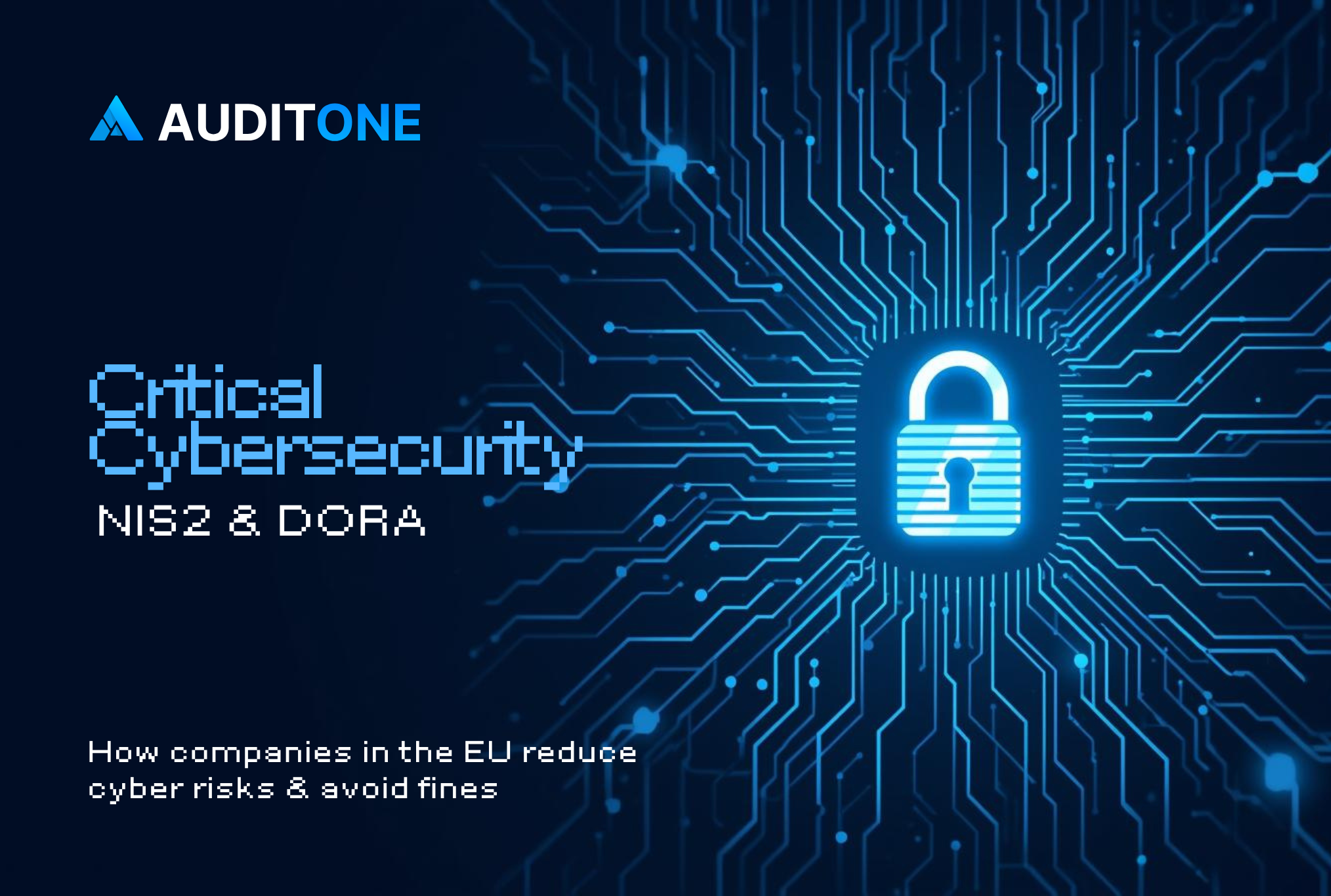If it's self-executing and lives on the blockchain, what is it? Correct, it's a smart contract. Let's try another: If the bridge you've been swapping on suddenly gets drained of all funds, who do you call? Ghostbusters? No, we pray to the DeFi gods and hope the Protocol has a plan. So, what do we do when all else fails? It's time to consider DeFi insurance. Insurance is only a piece of the ever-changing puzzle of DeFi security.
Using DeFi to fix a DeFi problem is unimaginable. No.
We get car insurance and never bat an eye for it because we understand the inherent dangers of driving without it, right? So why not insure while investing in DeFi? In DeFi, a lot of bad things happen when you least expect them. A self-service insurance policy that processes claims fast means you get paid out expeditiously. Reduces the cost of managing such a system. Companies don’t need X amount of talking heads managing an insurance department when it's all on the chain. Increasing transparency is ideal, as everything is visible on the blockchain, and there is no guesswork regarding how your insurance claim was processed.
Multi-Layered Security Approach
First, audits, then bug bounties or test and build, and then audits, bug bounties, audit competitions, and insurance. Anything else?
Why Do We Audit?
We audit smart contracts for the same reason we need to insure them. To manage risk, because no matter if you have assembled an Avengers-level tech team, smart contracts can still be shipped with vulnerabilities, bugs, or errors. Auditing hedges against that. Reentrancy attacks and integer overflows are just a few common issues plaguing smart contracts today. The DAO hack occurred due to vulnerabilities that went unnoticed by the development team.
Smart contract audits have come a long way since the DAO hack. Rigorous code reviews are performed to look for issues, code is tested using an automated tool, security assessments are performed to identify any attack vectors, and a report with recommendations is issued.
Related Article: Anatomy of web3 insurance
How DeFi Insurance Works
Using DeFi to fix a DeFi problem.
DeFi insurance allows protocols to offer coverage against smart contract loss, exploitation, and hacking. DeFi insurance works by pooling funds to compensate users for hacks or losses.
DeFi insurance could be the final pillar we need to solidify Web3 security. Improving the stability of on-chain networks would establish a viable safety net for user funds.
For the mass adoption of DeFi, familiar guardrails need to be in place. Traditionally, a portion of our funds are insured in banks. So, let's bring TradFi benefits into DeFi.
More on Web3 Insurance: How DeFi insurance pools work
Why we need Insurance
- Guardrails: protect against the unexpected or the most common expected, giving users confidence when interacting with DeFi.
- Recover losses: Covers losses or theft and aids users in recovering some losses from a hack or rug pull.
- Regulations: DeFi is inherently risky because much of it operates outside traditional government oversight. Offering insurance within the DeFi space signals to regulators that effective risk management practices are in place for all users.
Challenges in DeFi Insurance
- Historical Data: DeFi is still a relatively new industry compared to others. As a result, DeFi needs more extensive data on how often hacks or failures occur, complicating risk assessments.
- Pricing risk: Getting clear data is challenging, and pricing DeFi insurance premiums becomes complicated.
- New Technology: With so many new chains being created, it's difficult to stay current and assess emerging risks as technology evolves rapidly.
- Hackers: Malicious actors are continually devising new and creative methods to exploit smart contracts, leading to unpredictable risks for insurers.
- Regulatory hurdles: Insurance companies face heavy regulation, and offering DeFi insurance may conflict with legal requirements in different jurisdictions.
Read Next: DeFi Exchange Audit. Why It's Important
Conclusion
As DeFi continues to grow, the need for a reliable safety net becomes increasingly important. DeFi insurance offers that protection, mitigating risks like hacks, smart contract exploits, and unforeseen losses. By implementing multi-layered security measures—audits, bug bounties, and automated tools—alongside insurance, DeFi protocols can create a more secure environment for users. At AuditOne, we ensure the highest security for our stakeholders like Auroa by offering smart contract audits, bug bounties, and insurance. Though challenges like evolving technology, hacker sophistication, and regulatory uncertainty remain, DeFi insurance is critical to stabilizing the ecosystem and fostering trust for mass adoption.
Protecting your DeFi project is essential for growth and user trust. Start by using our free Smart Contract Security Checklist to identify any potential vulnerabilities.
Book your Free Security Consultation:
Google Calendar: https://calendar.app.google/Ai15eyQhiV5c1pBXA
Telegram: https://t.me/m_ndr
.svg)

.avif)
.svg)
.svg)

.jpg)






